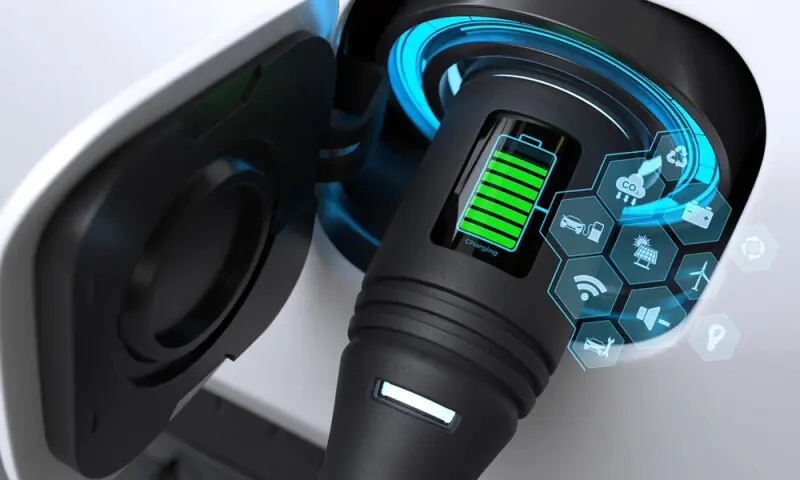The Pakistan Automotive Manufacturers Association (PAMA) has urged the government to prevent the usage of unsafe and outdated battery technologies in electric vehicles (EVs).
The auto association warned that spending substantial subsidies on such technologies could erode consumer confidence and hinder the nation’s environmental goals.
In a statement released on Wednesday, PAMA Director General Abdul Waheed Khan said that despite government subsidies on EVs, consumers still pay significant amounts out of pocket to buy EVs.
Experts urge Pakistan to accelerate its shift towards green mobility
“The government should not compel consumers to purchase vehicles equipped with poor-quality batteries being marketed under the guise of advanced technology when they are anything but reliable,” he said.
Khan added that over 90% of electric two-wheelers sold in Pakistan are powered by lead-acid batteries merely coated with a layer of graphene — terming it a misleading practice. “This is nothing but a deception,” Khan said.
PAMA noted that the federal government recently launched the Pakistan Accelerated Vehicle Electrification (PAVE) Programme 2025–30, a revenue-neutral scheme financed through up to a 3% NEV levy on internal combustion engine (ICE) vehicles.
Under the initiative, Rs122 billion in subsidies will be provided across various auto industry segments. One key provision states that only EVs using lithium or other advanced battery technologies will qualify.
PAMA said that globally, lithium-ion batteries are recognized for their superior technology and quality. However, most electric two-wheelers in Pakistan are equipped with so-called “graphene-coated lead-acid batteries,” falsely marketed as “advanced graphene batteries,” despite such products not being commercially available anywhere in the world.
“Interestingly, no local manufacturer offers more than a 24-month warranty on these batteries, while lithium batteries typically come with a warranty of five years or more,” Khan shared.
He also accused vested interests of spreading misinformation by distorting global EV production statistics.
Khan stressed the importance of transparency, saying, “It is crucial to provide the public with accurate information because the figures cited in that report are completely misleading. Such misinformation harms both the local auto industry and consumers.”
He urged the government not to succumb to such tactics and to ensure that national resources are spent only on proven and safe battery technologies.


